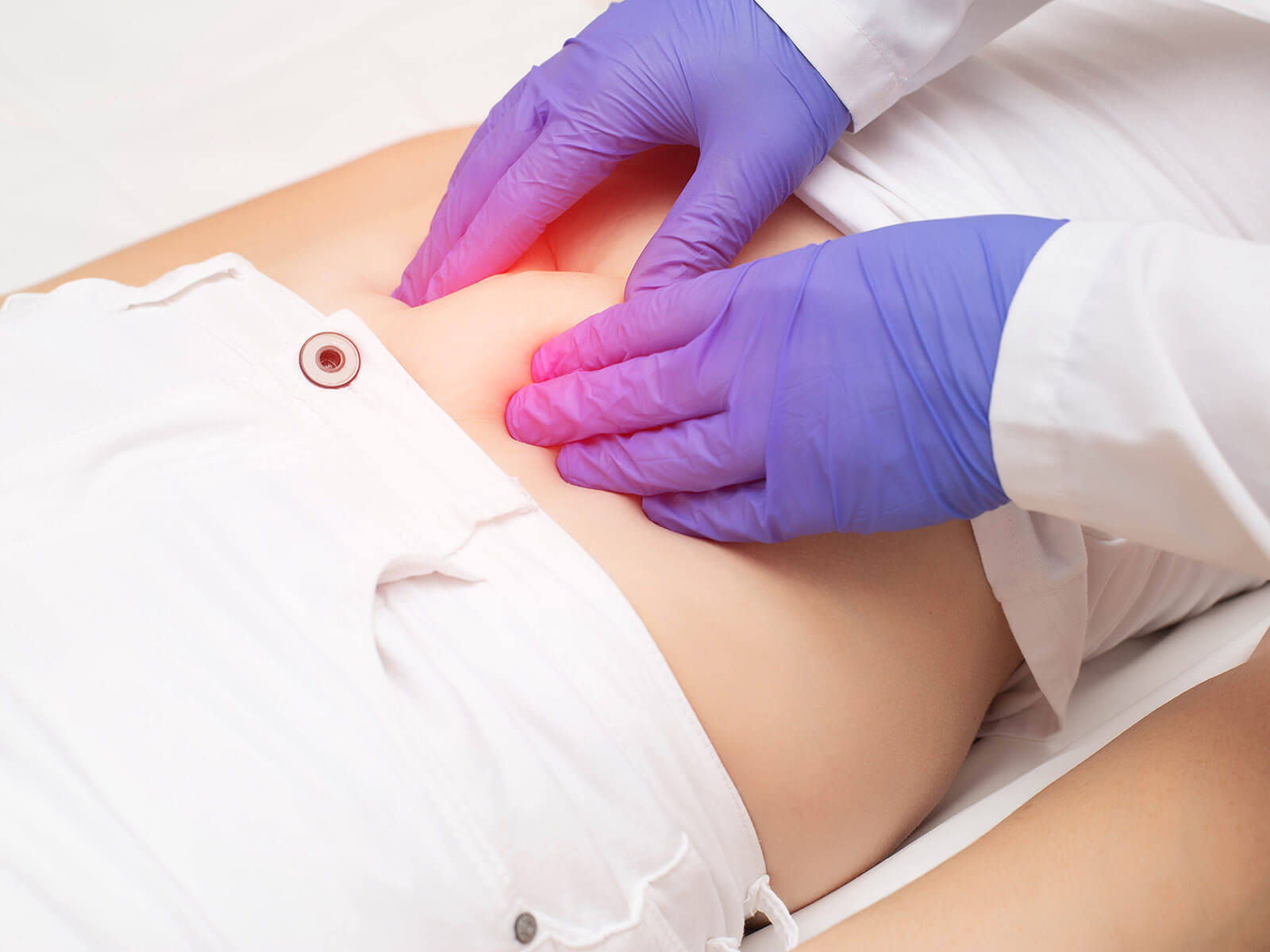
Ulcerative Proctitis is a mild ulcerative colitis, which causes an inflammation and tiny ulcer in the surface of the rectum- the last few inches of your large intestine. It is confined to the rectal area unlike the general ulcerative colitis. Early diagnosis and treatment can relieve the symptoms and you can be feeling good.
Symptoms may vary in their extent and might be:
Its etiology is unclear but it could be brought about by various factors:
Hemorrhage, bowel dysfunctions or cramping? Wait-based medium-service-based appointments with our GastroDoxs specialists in Houston. Be it a call at 832-476-1649 or an online booking would offer personalized and individual care and offer the nominee an opportunity to have a lasting relief with a caring approach.
We've successfully treated more than 1.5K patients, helping individuals improve their digestive health and overall well-being through expert, personalized care.
With over 20 years of experience, GastroDoxs has been a trusted provider of gastroenterology care, focusing on delivering the best outcomes for patients
K51.2 is ICD-10 of Ulcerative Proctitis. This code is employed by healthcare givers and insurance companies to code and bill services relating to this specific condition.
Inflammation of the rectum (the last few inches of the colon) is limited to Ulcerative Proctitis but the entire colon may be involved with Ulcerative Colitis. This may be the overlap of the symptoms and treatment, but the scale of disease is the main difference.
Yes. Alcohol can irritate the digestive system and stimulate or increase such symptoms as cramping, urgency and bleeding. The flare-ups can be reduced by the restriction or avoidance of alcohol.
In the modern day, Ulcerative Proctitis is incurable. Nonetheless, by using adequate mixtures of medications, dietary changes, and monitoring, you can obtain and possess subsistence of symptoms and remission.
Yes. A gastroenterologist must be consulted in situations of rectal bleeding, neverending urgency, cramping or bowel movement changes. Complications and improvement of quality of life can also be prevented with the assistance of early identification and intervention.
When used as supplication of local disease, the drug is administered in undirected fashion, that may be via suppositories and enemas, directly into the inflamed tissue of the rectum. Inflammation that is more than the rectum can be treated with oral pills which may also be given in case the suppositories are insufficient.
Yes. Even though there is lack of ulcerative proctitis diet, a balanced low-residue food at the point of a flare and trigger foods can be determined to reduce the symptoms. A qualified nutritionist can develop the recommendations.
The patients of Ulcerative Proctitis, the majority of them are supposed to undergo surveillance colonoscopies after 1-2 years in order to monitor the progression of the disease as well as dysplasia. It will be based on your history and your risk factors, how many times you are to visit your gastroenterologist.
Yes. Stress might also influence immune and gut motility that may cause or result in flare-ups. The stress-management techniques that might be required to avoid the symptoms are mindfulness, therapy, or light exercise.
Proctitis is a disease which is related to the inflammation of the rectum. Colitis is a process of inflammation as it involves a larger part of the colon or the entire colon. The treatment regimens are comparable and are determined by the severity of the disease.